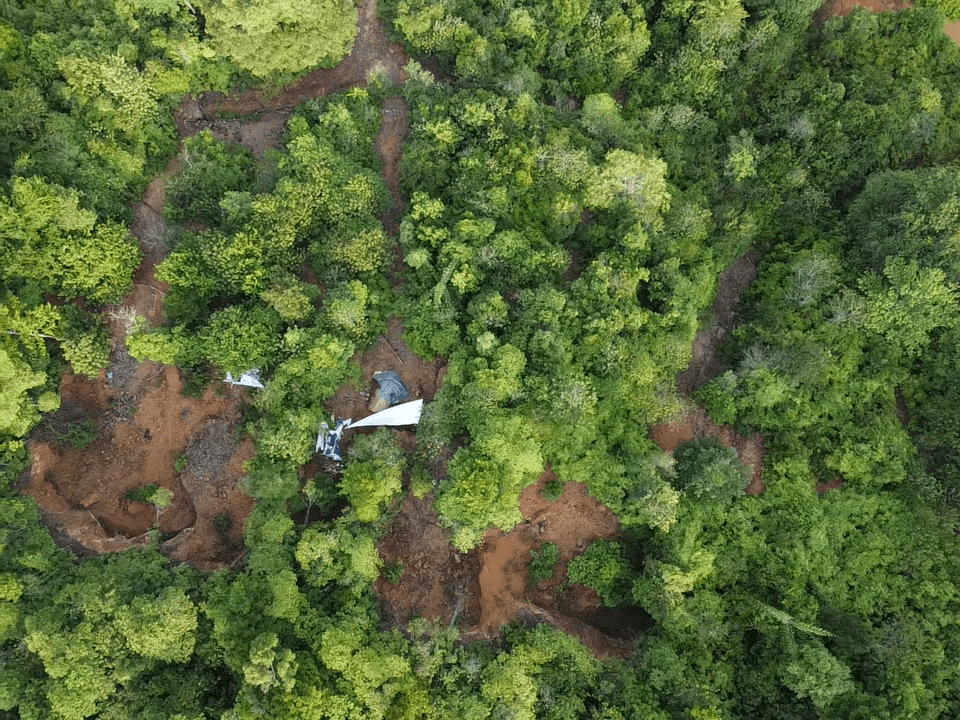Project milestone achieved on Pulau Bintan
Napital is excited to announce the completion of a full site ecological and natural capital survey on Pulau Bintan, Indonesia. This important project milestone is being led by Ash Welch, Biodiversity and Natural Capital Lead from AECOM Singapore, alongside a skilled team of ecologists, ESG specialist, including Stephen Suen, Director of Landscape Architecture and Nature-based Solutions Lead, Sustainability Task Force (HK), AECOM.
The purpose of the survey is to gather critical data that will inform the upcoming Natural Capital Baseline Findings and Projection Report. This comprehensive assessment aims to evaluate the environmental health and natural capital potential of a 100-hectare area that has faced significant ecological challenges due to historical land use and human activities.

Survey Highlights
The survey will focus on key ecological metrics, including:
- Biodiversity Assessment: Identifying and cataloging various habitat types to understand the region's ecological diversity.
- Carbon Sequestration Potential: Analyzing the area's capacity to capture and store carbon, contributing to climate change mitigation.
- Key Ecosystem Services’ Evaluation: Assessing soil health and water management capabilities to promote sustainable land use practices.
Commitment to Sustainability
Ash Welch expressed optimism about the project, stating:
“This survey is a crucial step in our mission to leverage natural capital for sustainable development. Our team is dedicated to understanding the ecological dynamics of Bintan to guide future conservation efforts.”
Stephen Suen added:
“Integrating landscape architecture with ecological principles will ensure that our restoration strategies not only enhance biodiversity but also support local communities.”
Next Steps
The data collected from this survey will be synthesized into the forthcoming report, which will outline actionable strategies for restoring the natural capital of Pulau Bintan. Napital remains committed to engaging local communities and promoting sustainable practices that benefit both the environment and livelihoods.
For updates on the survey and the upcoming report, please visit https://www.napital.org/the-natural-capital-initiative
